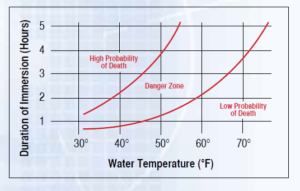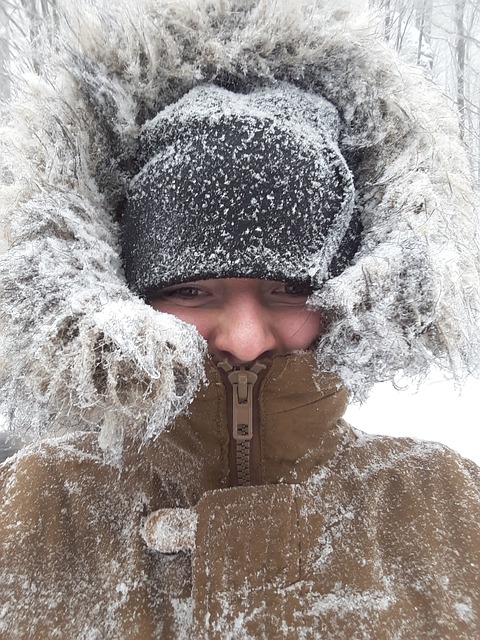Have you, as an author, committed “novel malpractice”? Can you write authentically about medical issues? Most writers without a medical background struggle with that. Writers, television shows, and movies often get it wrong.
If the writing and story are good, readers may overlook mistakes, but I want to help you improve your skillsets.
Over the last two decades, as a physician and fiction writer, I’ve been privileged to help other authors devise diseases, maim characters, heal heroes and heroines in-and-out of the hospital, and answer general questions (see the list of books I’ve been credited with helping on here).
Recently, aspiring novelist Haley Wright had questions about hypothermia, fractures, and a concussion for a character in her book. Haley is member of ACFW and Word Weavers, and recently placed second in a college literary story contest.
Way to go, Haley!!

Writing About Hypothermia
Hypothermia is a common scenario used to endanger heroes and heroines.
The medical term refers to a core body temperature of less than 95°F (35°C). Signs and symptoms generally progress along a continuum, starting with shivering – but remember, signs/symptoms are not the same for every person in every circumstance.
Think of it as the body (a fortress or castle) slowing down all functions in order to survive, with the brain being the last final tower (the keep) to be protected at all costs.
- Slurred speech
- Slow, shallow breathing
- Weak pulse
- Clumsiness, Lack of Coordination
- Confusion, Memory Loss
- Loss of consciousness
- Bright red, cold skin (especially infants) or more severe: darkened or blue extremities (frostbite to gangrene)
The general approach to treating hypothermia depends on severity. A conscious person with milder hypothermia will be able to drink warm liquids, put on dry clothes, be surrounded by warm blankets, etc. —whereas an unconscious individual may be in shock and require emergency room care, including warmed IV fluids, special warming blankets, critical care monitoring, and treatment of other underlying issues.
Patients can develop fatal heart rhythms if re-warmed too fast, so warming has to be done deliberately.
Haley’s character is a woman who wrecks her motorcycle, and she wanted to know how long an arm and leg fracture would put her character in the hospital. Would she require surgery? What about a concussion, or hypothermia? The character needed to be hurt, but not so badly she couldn’t speak with her mother in the hospital ER.
Questions for anyone writing about hypothermia are:
- What is the immediate environment surrounding your character?
- What are your character’s physical attributes? (fit lumberjack vs. frail little old lady)
- What is the weather? Raining? Snow? Windy? Ambient temperature? Dampness and wind both accelerate the onset of hypothermia.
- Where does this take place? Mountainous, rugged or a rural region where rescue and medical care would be delayed, or in a city alley?
- What is your character’s age? General rule of thumb: except for kids under age 2, children heal better and faster than anyone over age 20, and elderly over the age of 65 succumb much quicker.
- How are they dressed? It makes a big difference. See the link below to a US Navy study on clothing, water temperature and immersion times. They figured it down to the socks.
- How long would he/she be exposed before being found?
- Any other medical issues such as blunt force injuries from a wreck, bleeding, chronic illness, etc.? Has the character been drinking alcohol?
All these factors contribute to the speed of onset of hypothermia and how severe it will become. Treatment protocols for hypothermia are mostly standardized, but first responders and emergency personnel in colder climates are likely to be better prepared and equipped to deal with hypothermia than those in a warmer region who have an unexpected blizzard.
Did you know hypothermia (low body temperature) causes MORE bleeding in a trauma scenario, not less. Share on X- In general, medical science loves to score diagnoses and treatments to standardize approaches to care, so authors should look for these.
- Recommended practice guidelines are readily available online. A search for “hypothermia treatment” will bring up articles, nomograms (mortality calculators) and scales.
- Look for reputable, recognizable sources such as the Mayo Clinic or medical university sites (not Wikipedia). The Canadian and UK NHS have a lot of good policies and protocols online as well.
- One frequent question is how fast or how long before a character gets into trouble or might even die. Just this winter of 2023, a South Carolina man and his little girl got stranded along a road. The truck had gotten stuck, then caught fire as he worked the tires. At some point, they set off walking. The weather was 45 degrees F, but it was windy and rainy. They only made it 50 yards. The cause of death was determined to be hypothermia. This is a tragic example of how dangerous hypothermia can become, even without freezing weather. http://tinyurl.com/3vysus97


FOR WATER IMMERSION:
LINK to a Navy Study on water immersion and hypothermia: https://apps.dtic.mil/sti/pdfs/ADA446406.pdf
This is a very technical study BUT they looked at all different types of military clothing and water immersion scenarios. On PAGE 182 is a chart! You can look up the clothing configuration and water temps to get an estimated survival time for your character.


DEEPER DIVES:
Researching for medical information?
Look for reputable, recognizable sources such as the Mayo Clinic or medical university sites (not Wikipedia).
You can use this predictor with water temperature to figure out how long your character might survive. https://goodcalculators.com/cold-water-survival-time-calculator/
https://www.schoonerman.com/boating-safety/hypothermia-and-cold-water-survival.html
https://www.coldwatersafety.org/survival-estimates
https://www.emedicinehealth.com/how_long_does_it_take_to_die_from_hypothermia/article_em.htm
Once you start researching, you’ll be surprised at how much is available that will allow you to better tailor your story and get your details right.
Feel free to email me if you have any questions, and look for future blog posts here on Novel Malpractice!


